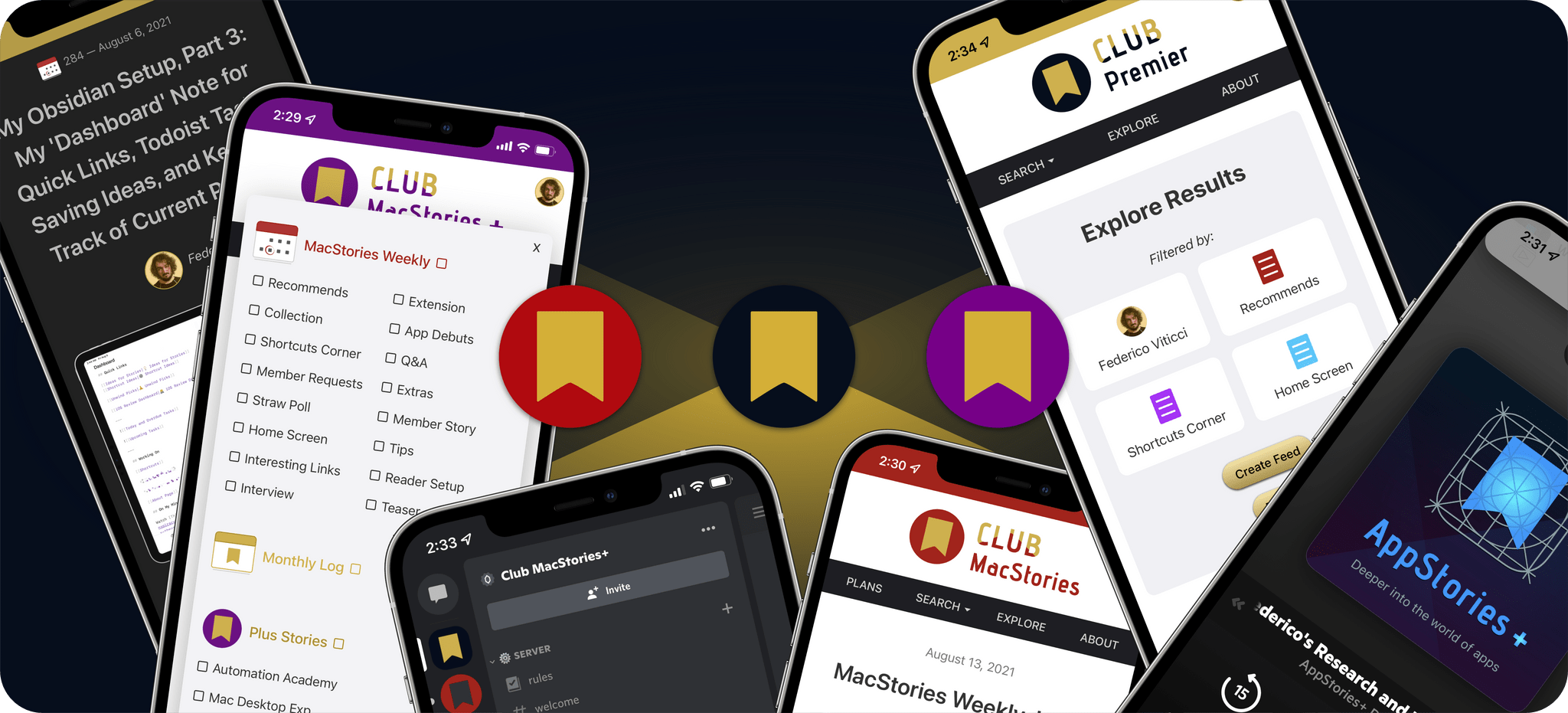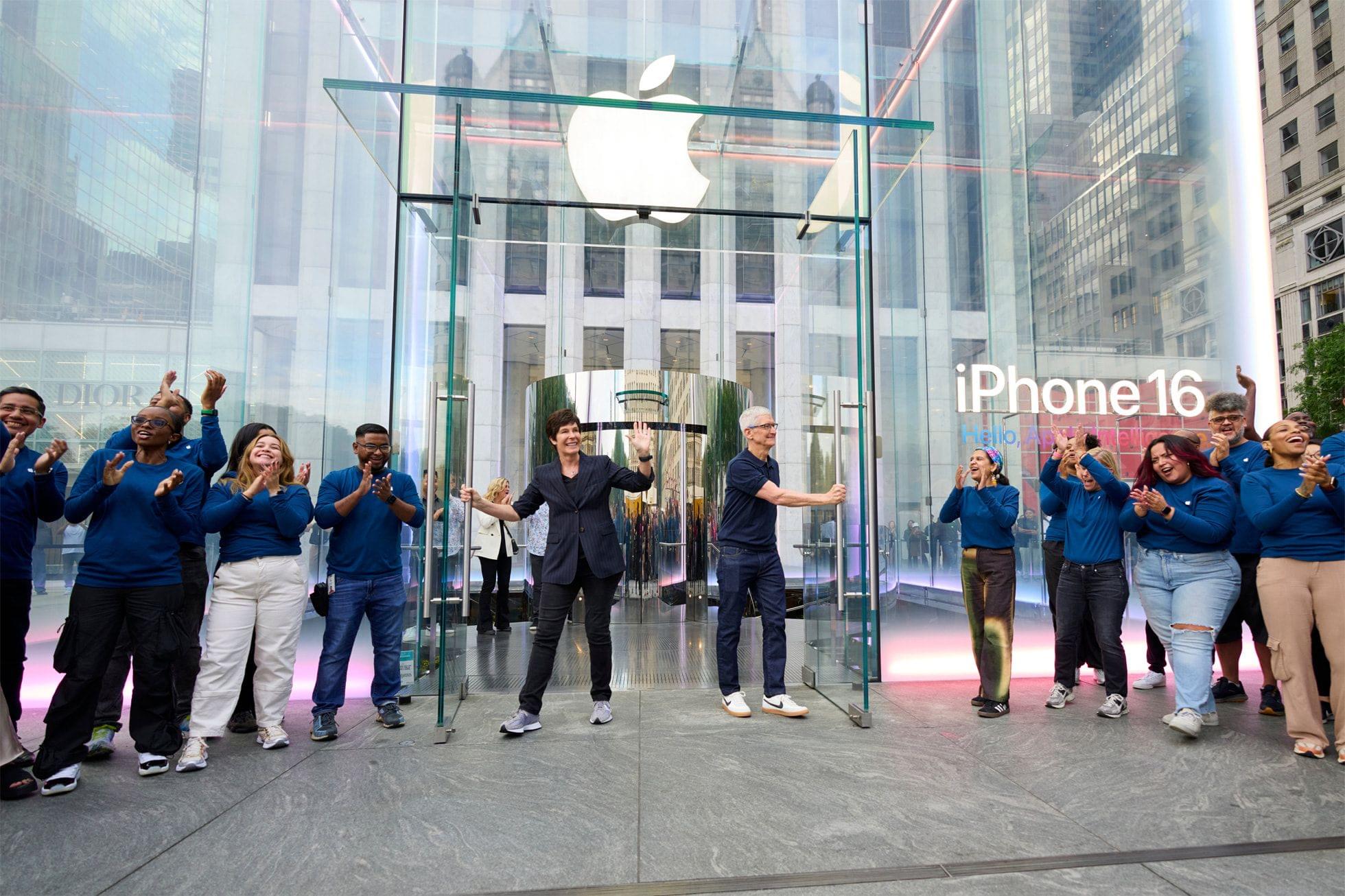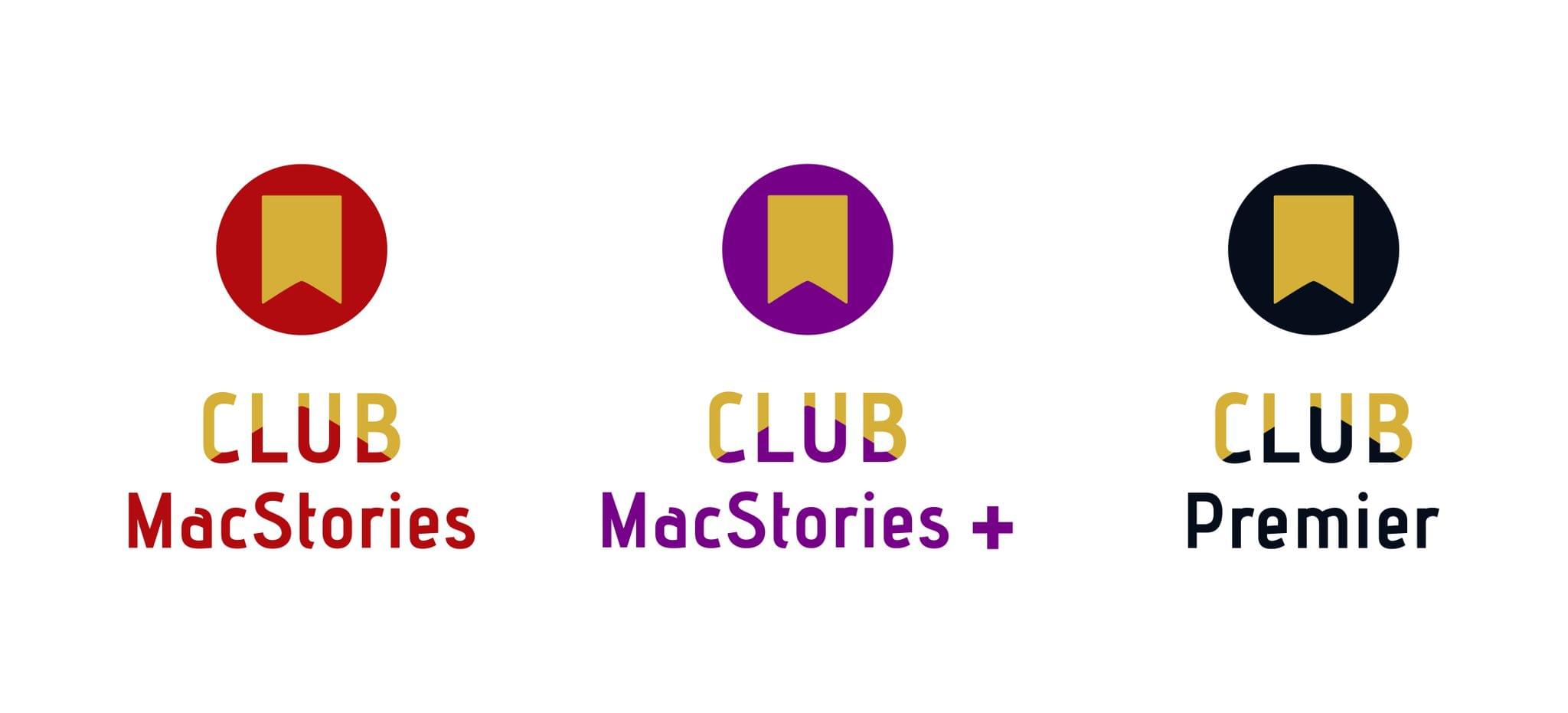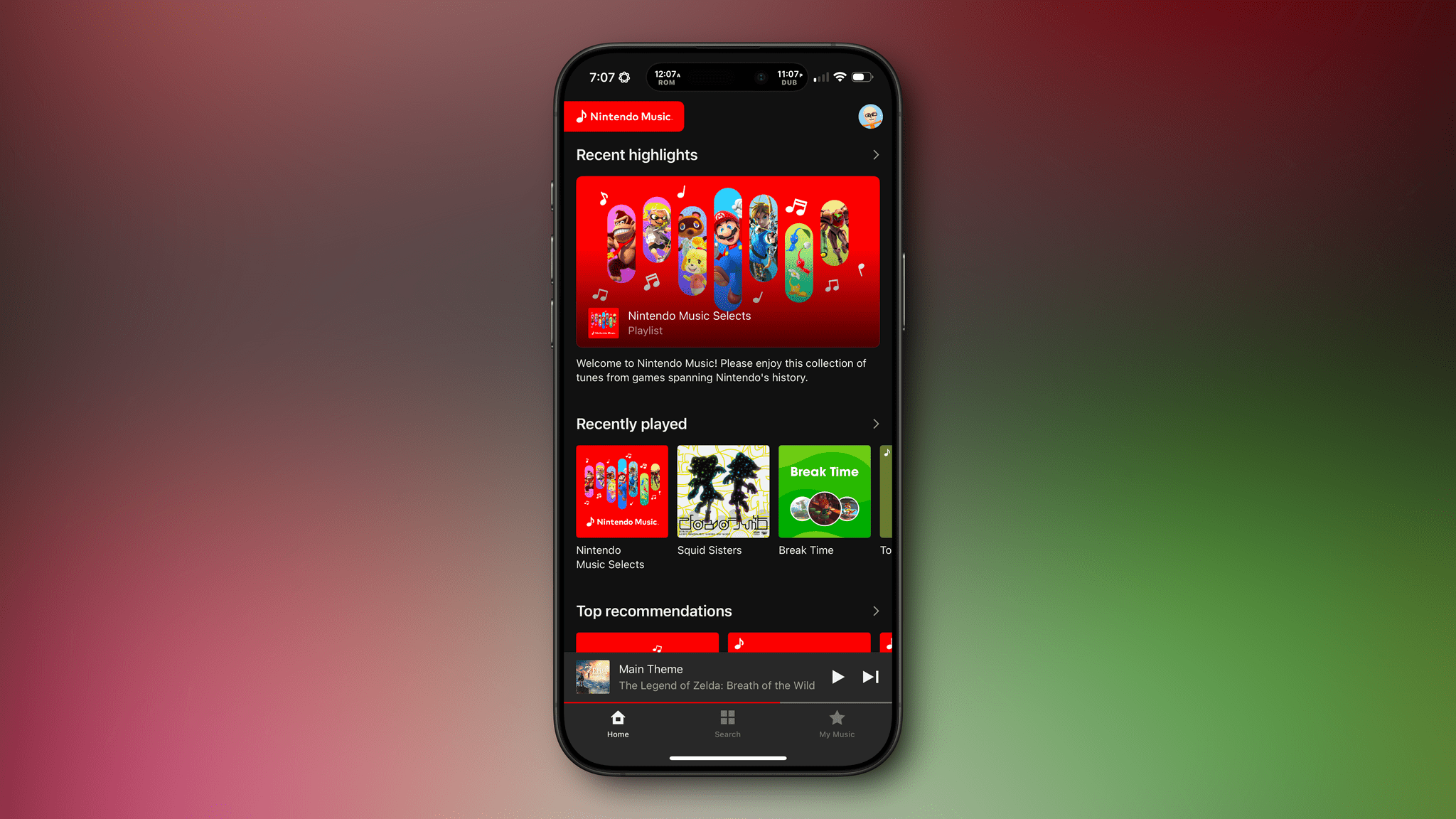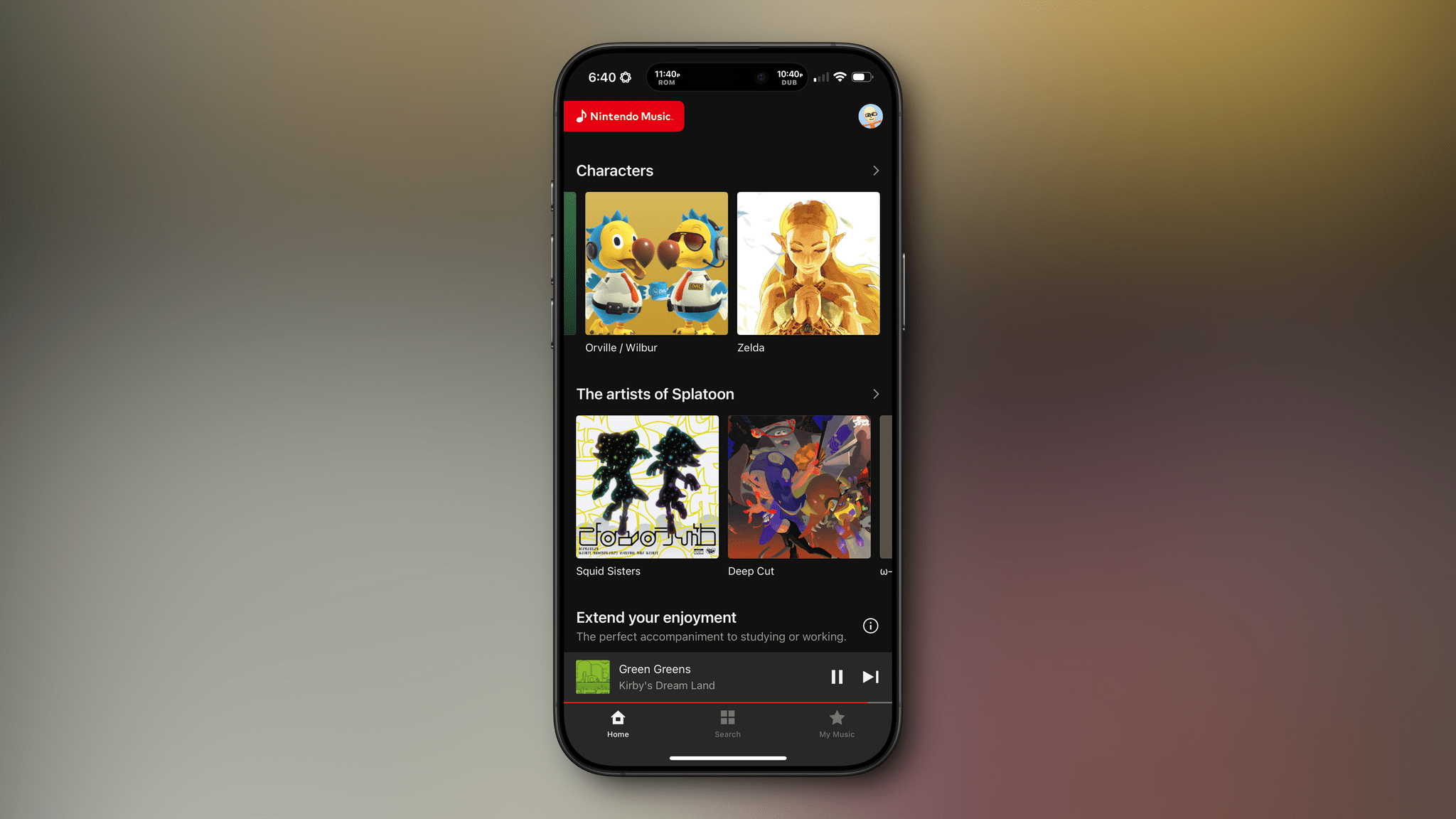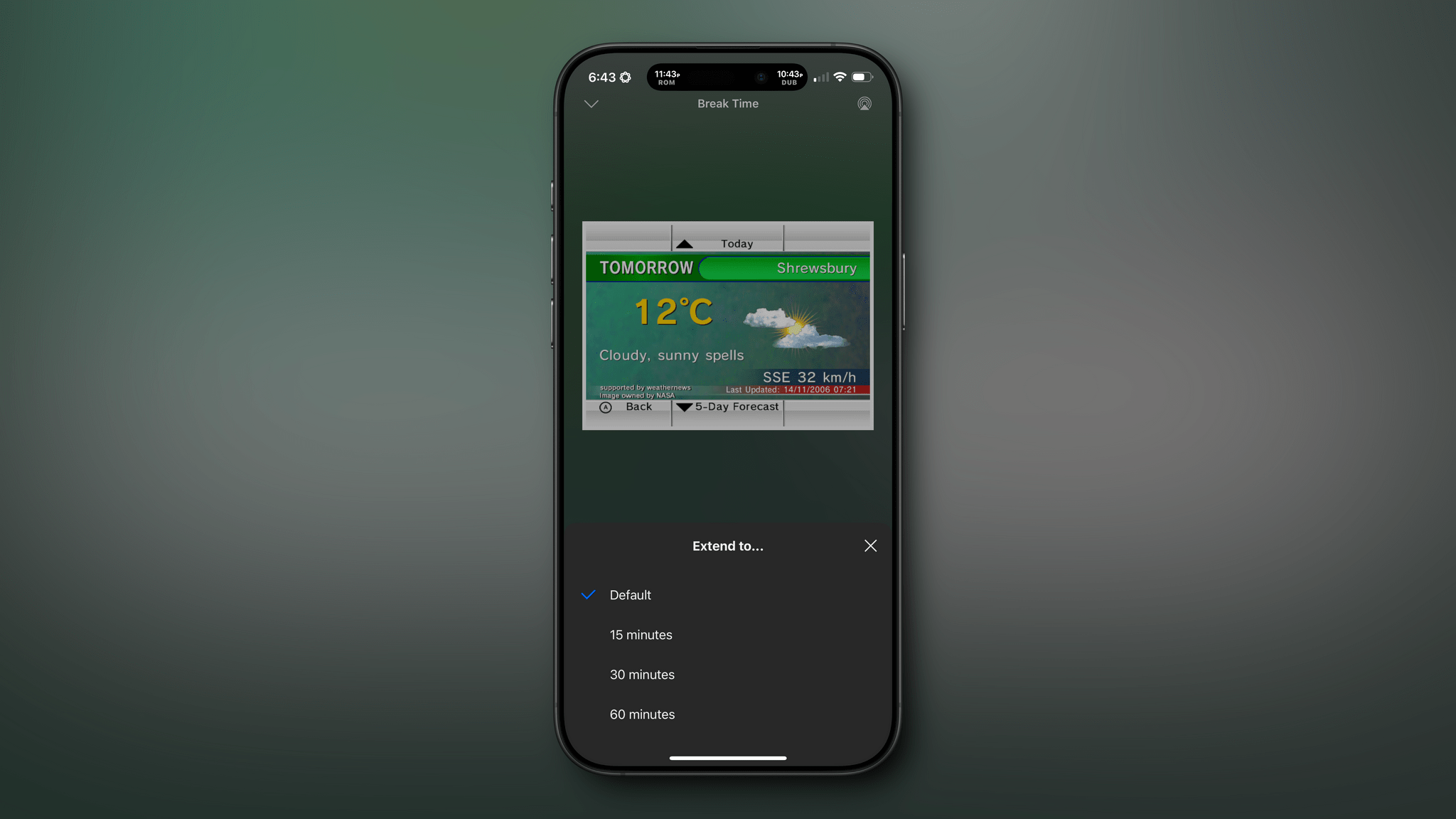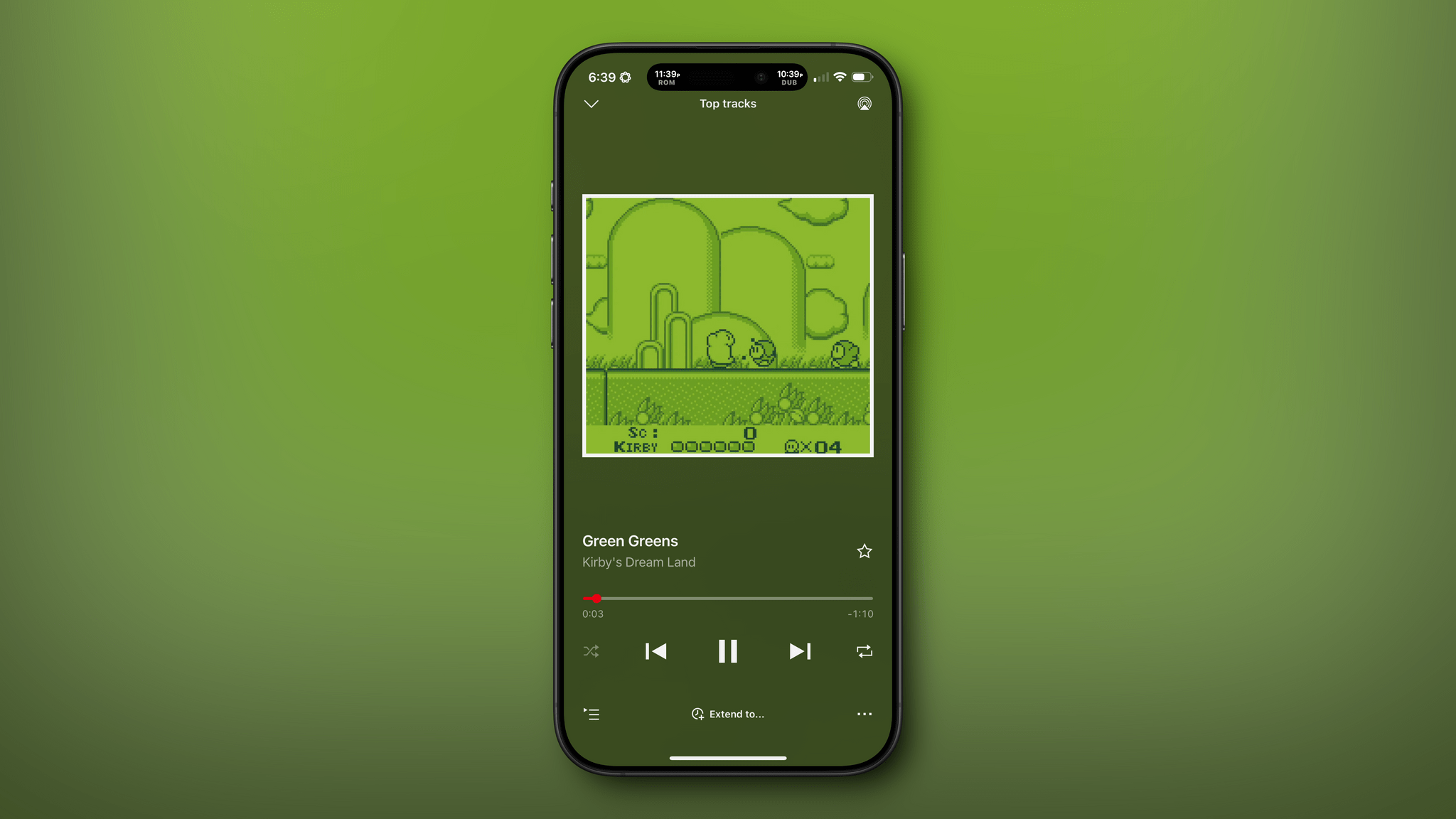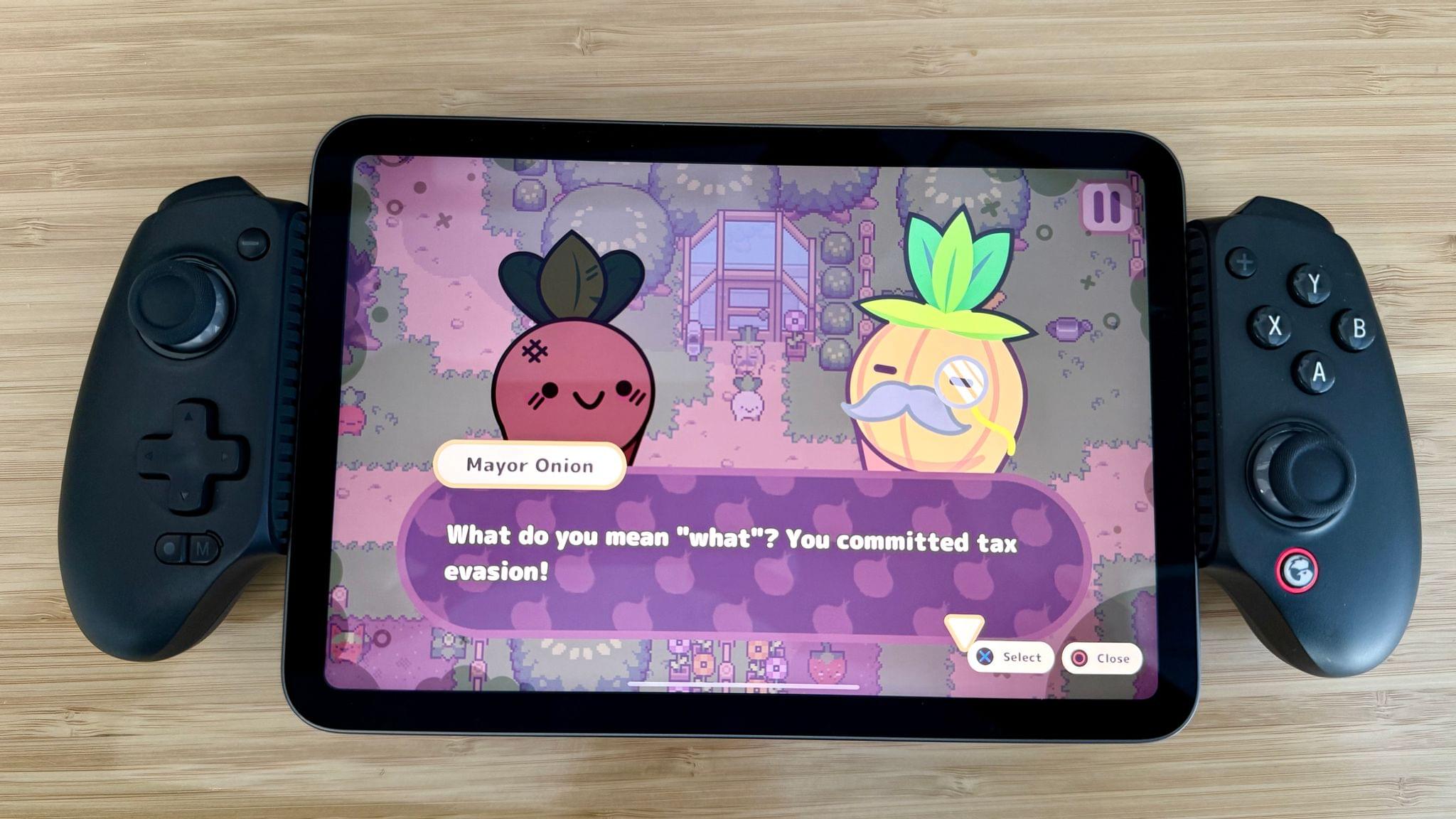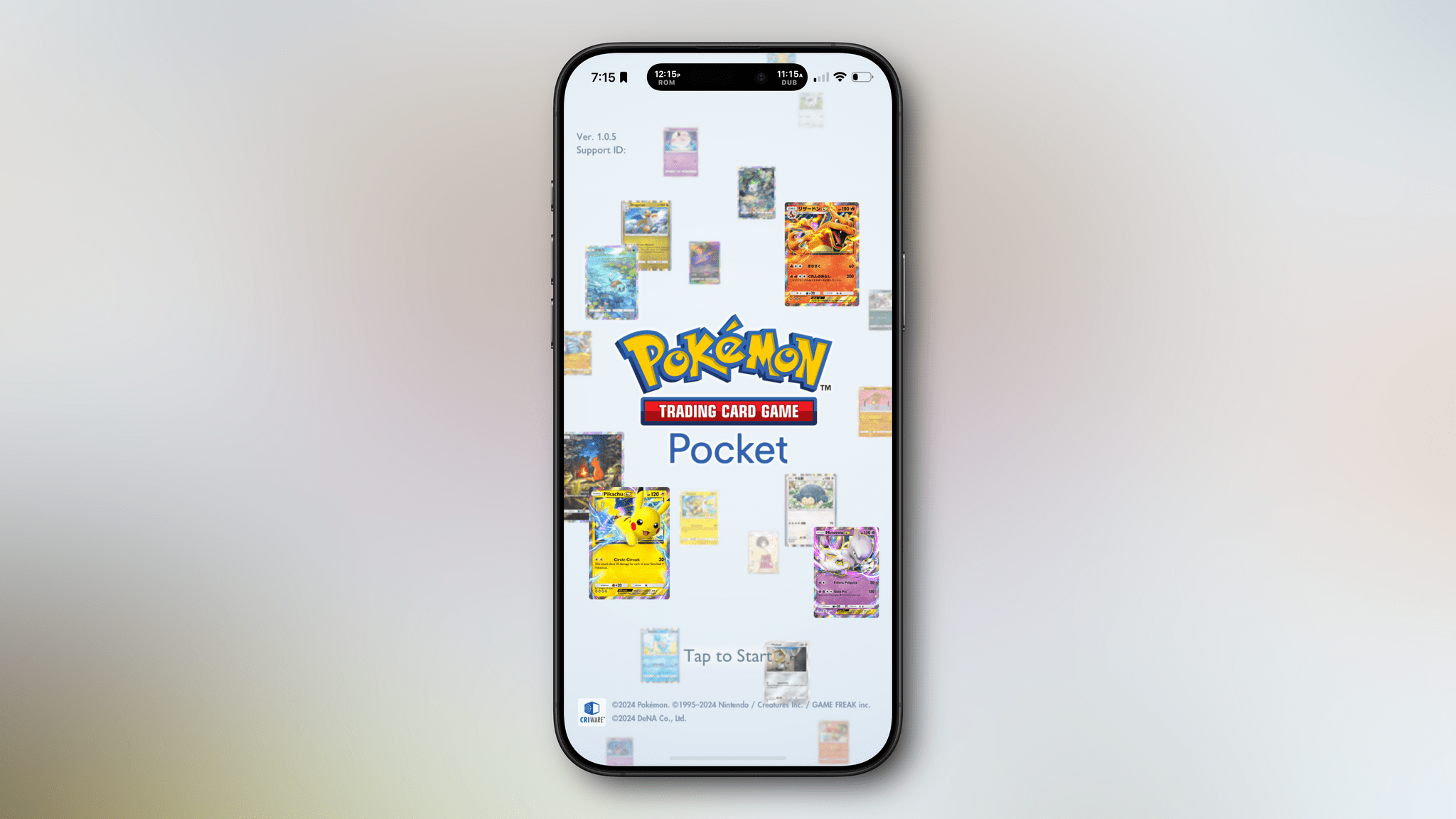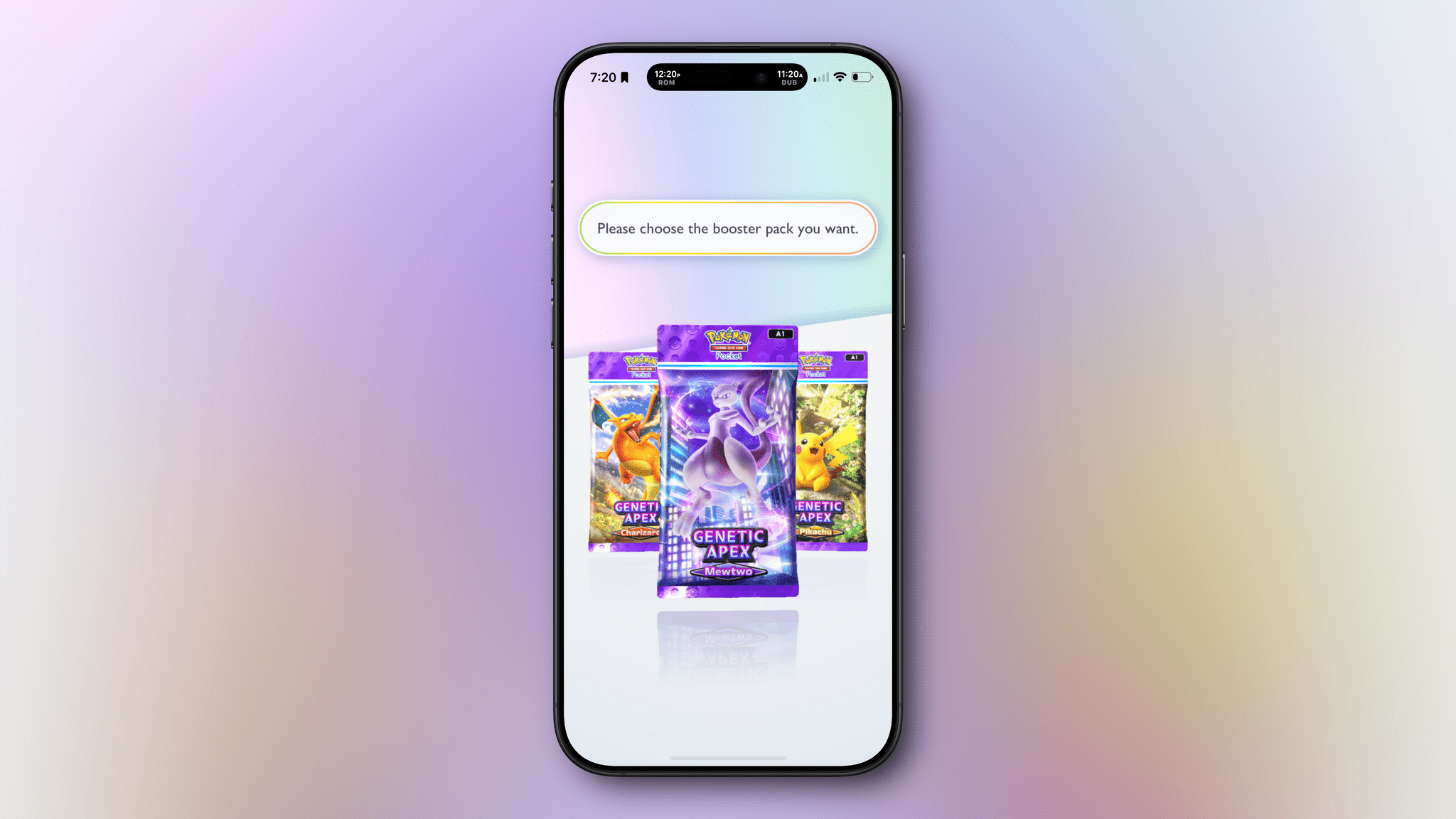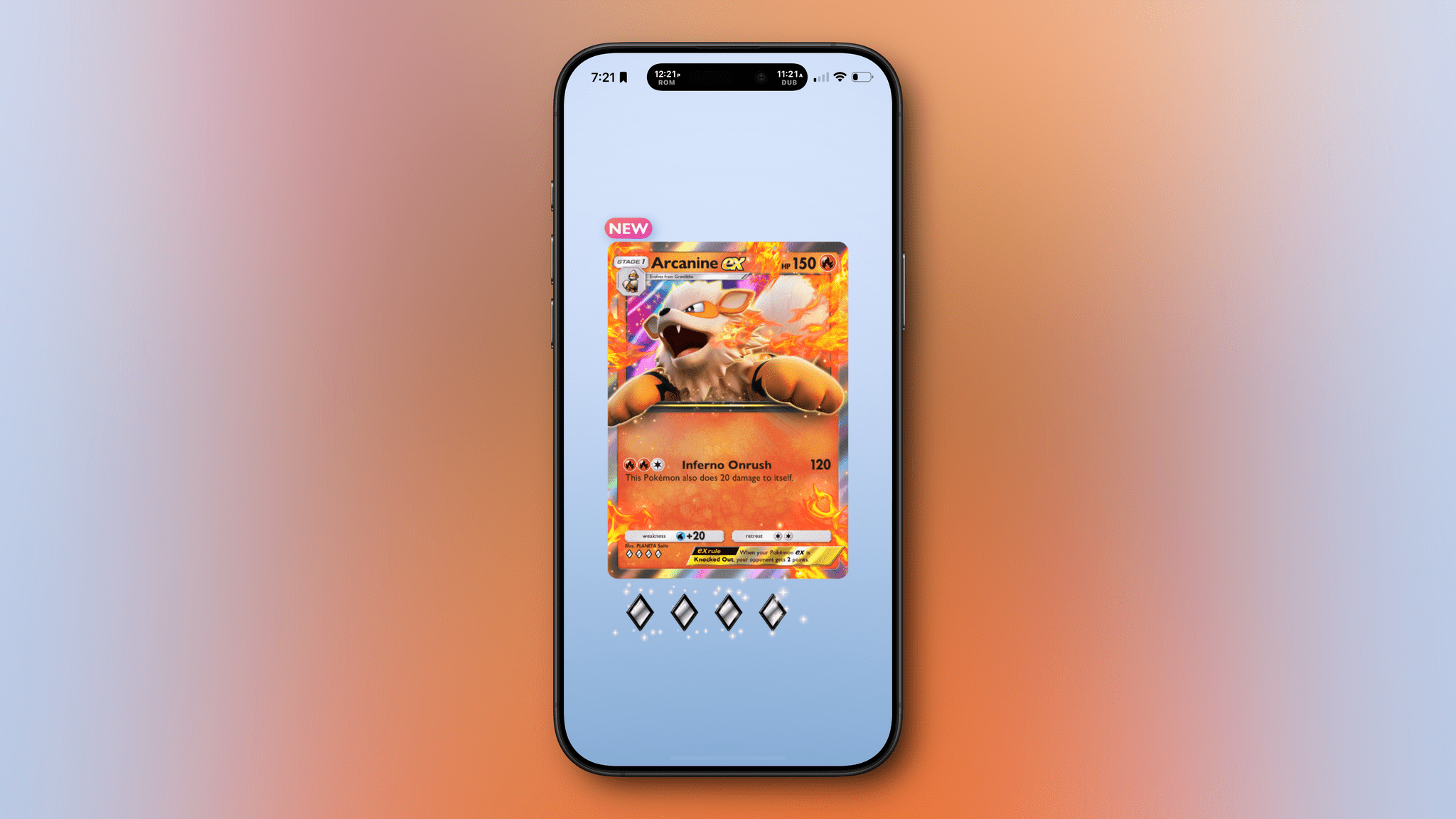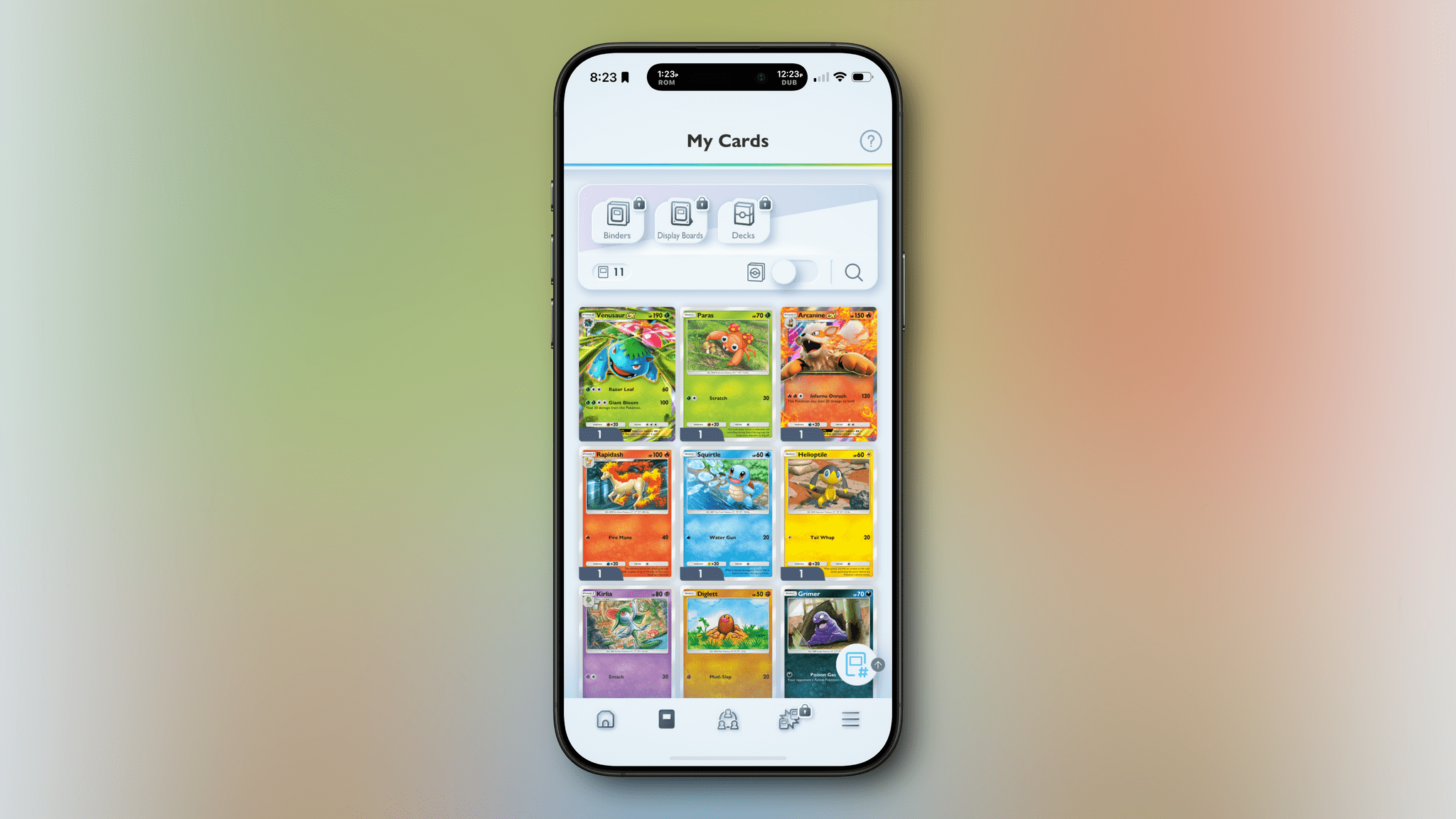During our Club MacStories Fall Membership Drive, I published my Mac Hacks column, an exclusive perk of Club MacStories+ and Club Premier. Mac Hacks is about exploring new ways of using the Mac and integrating it with other devices and novel workflows.
My latest column is all about Tailscale. As I explain in the story:
I’m a big fan of Tailscale, but it has two big problems that can make it confusing. The first issue is also one of Tailscale’s greatest strengths: its flexibility. The service has several built-in features that are useful as standalone tools, which is a good place to start. However, the ability to connect a disparate collection of devices without regard for their operating systems opens up a vastly larger universe of possibilities that’s only limited by your imagination. That makes it incredibly powerful – but a lot to wrap your head around, too.
So, to make Tailscale a little more accessible, I walked readers through how I’m using it to:
- Share large files across my home network
- Provide an added layer of security when using an unfamiliar Wi-Fi network
- Move files from the Mac, iPhone, and iPad to Windows and Android devices
- Remotely log into Macs
- Directly access files on multiple Macs from my iPhone and iPad
Plus I cover using Tailscale to manage an over-the-air TV DVR, Plex server, and more.
Automation Academy is just one of many perks that Club MacStories+ and Club Premier members enjoy including:
- Weekly and monthly newsletters
- A sophisticated web app with search and filtering tools to navigate eight years of content
- Customizable RSS feeds
- Bonus columns
- An early and ad-free version of our Internet culture and media podcast, MacStories Unwind
- A vibrant Discord community of smart app and automation fans who trade a wealth of tips and discoveries every day
- Live Discord audio events after Apple events and at other times of the year
On top of that, Club Premier members get AppStories+, an extended, ad-free version of our flagship podcast that we deliver early every week in high-bitrate audio.
Use the buttons below to learn more and sign up for Club MacStories+ or Club Premier.
Join Club MacStories+:
Join Club Premier:


